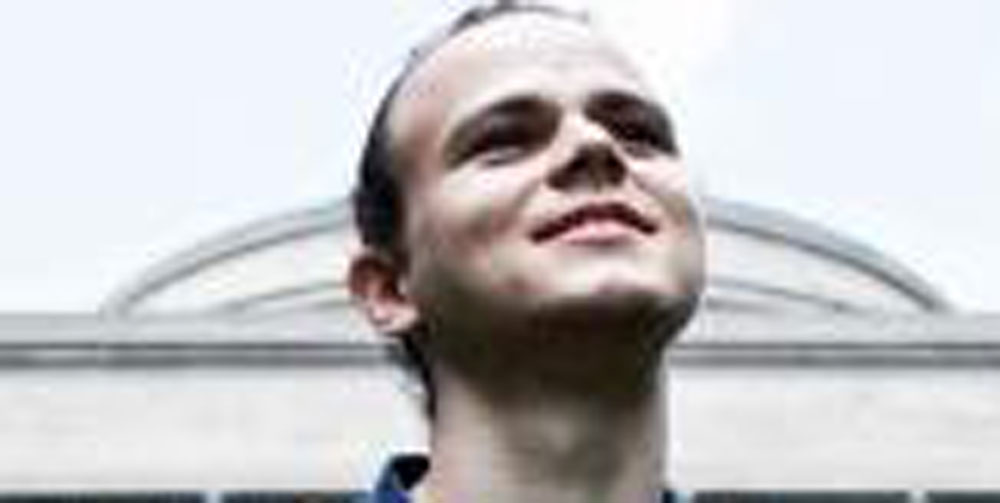
About the Project
This project is one of the 2010 WISE Awards winners.
In the year 2000, an MIT faculty committee on lifelong learning proposed a program that was as straightforward as it was revolutionary: a website that would give away MIT’s teaching materials for free. MIT OpenCourseWare has grown from that bold idea to an unparalleled educational resource that has benefitted millions around the world and inspired a global movement. OCW contains the core teaching materials—including syllabi, lecture notes, assignments and exams—from virtually all of MIT’s undergraduate and graduate courses: the entire curriculum of the Institute freely available for anyone to use.
MIT faculty provide educational materials to OCW voluntarily, gifts that often represent a lifetime of scholarship and teaching. The website contains more than 80,000 resources, including documents, simulations, animations, sample code and thousands of hours of classroom instruction on video. Hundreds of OCW courses have been translated into other languages, including Chinese, Spanish, Portuguese, Persian and Thai, and MIT OpenCourseWare has inspired a consortium of leading universities from around the world to share materials from thousands of their own courses.
Context and Issue
Educational systems around the world are overwhelmed and struggling to provide even a basic education to vast numbers of students. In too many places, academically talented students with the potential to make substantial contributions to the world’s most pressing problems are failed by the schools charged with educating them. The Internet provides an unprecedented opportunity to share high-quality educational resources widely and inexpensively. At the heart of the solutions to the world’s most pressing problems—including poverty, climate change, sustainable development, and the provision of affordable, high-quality healthcare—lies education. An educated global population will have greater capacity to understand and address the most pressing global challenges.
The Solution and Impact
MIT OpenCourseWare is the embodiment of the deeply held values of the MIT community, including the belief that the purpose of higher education institutions is to disseminate knowledge for the betterment of all. This belief is incarnated in a project that efficiently collects the byproducts of MIT’s campus instruction—including syllabi, lecture notes, assignments and exams— and publishes them openly on the Internet using Creative Commons’ licenses that permit the downloading, redistribution and modification of the materials for non-commercial purposes.
Because the materials are drawn from more than 2,180 MIT classes and from all 33 of the Institute’s academic disciplines, the site is unprecedented in the breadth, depth and quality of academic resources it presents. Over 170 million individuals have accessed MIT OpenCourseWare content. Each month, visitors from every nation on the globe find information, tools and inspiration in these materials. Through OCW, educators improve courses and curricula, making their schools more effective; students find additional resources to help them succeed; and independent learners enrich their lives and use the content to tackle some of the world’s most difficult challenges, including sustainable development, climate change, and cancer eradication.
To date, there are two million visits a month: 43% represent independent learners, 42 % enrolled students and 9 % educators (plus their students as indirect recipients). 280 other universities have followed the same track and are offering classes online, for free.
Future Developments
MIT OpenCourseWare will continue to publish and update materials on the OCW website, increasing the depth and richness of the content. The project is also undertaking a major initiative, called OCW Educator, to layer pedagogical information, including statements of teaching philosophy by instructors, registrar information and other curricular context, and photographs of the physical facilities used for the courses on the MIT campus in order to better support educators who use our content to create educational experiences at their own institutions.


